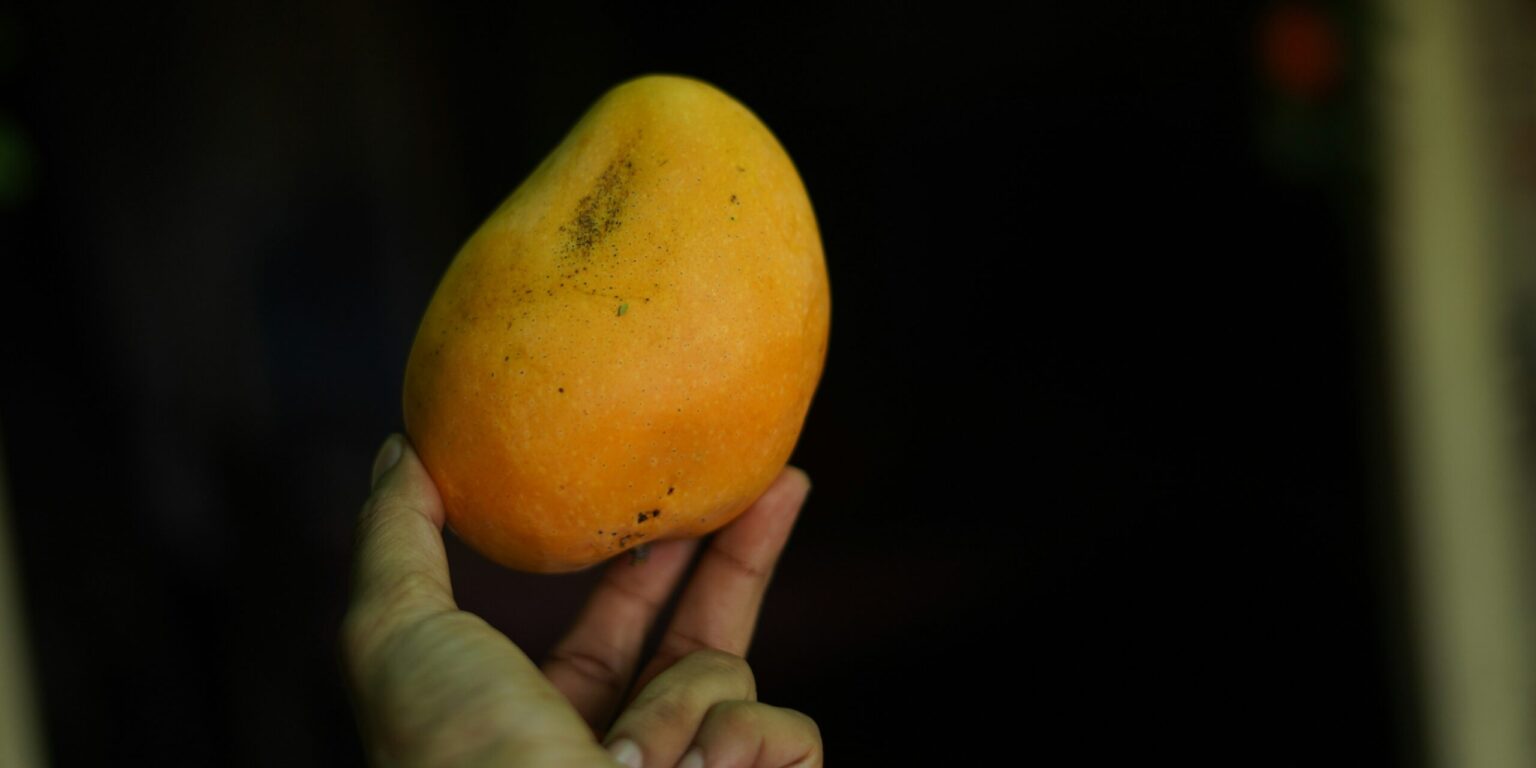A new study is challenging long-held assumptions about fruit and sugar, suggesting that eating mangoes may actually help reduce the risk of developing type 2 diabetes. The research, highlighted this week by ScienceDaily, analyzed large dietary cohorts and found that moderate mango consumption was associated with improved insulin sensitivity and healthier blood glucose regulation.
The findings are surprising to some because mangoes are often seen as one of the sweeter fruits, leading many people to avoid them when monitoring sugar intake. But according to researchers, the benefits may stem from mangoes’ rich nutritional profile. The fruit contains a unique combination of fiber, antioxidants, polyphenols, and micronutrients such as vitamin C and vitamin A, all of which are thought to play a role in moderating the body’s response to glucose. In particular, polyphenols like mangiferin have been shown in earlier laboratory studies to reduce inflammation and enhance metabolic health.
Read Also: https://mensinsider.com/3d-printed-human-islets-signal-breakthrough-in-diabetes-treatment/
The study drew on dietary data and biomarker analysis from thousands of participants over multiple years. Researchers observed that individuals who regularly included mangoes in their diets had lower markers of insulin resistance compared with those who rarely or never ate the fruit. While the effect was strongest in moderate consumers, the results were consistent enough to suggest a potential protective relationship between mango intake and reduced diabetes risk.
“This adds to the growing body of evidence that whole fruits, even those with natural sugars, may provide health benefits that far outweigh concerns about their sweetness,” one researcher involved in the study said. They emphasized that mangoes should not be viewed in isolation but as part of a balanced diet that includes other fruits, vegetables, whole grains, and lean proteins.
Still, experts are careful to note the limitations. Because the research was observational, it cannot prove direct causation. Other lifestyle and dietary factors may have influenced the outcomes, and more rigorous randomized controlled trials will be necessary to confirm whether mangoes directly reduce diabetes risk. Nutritionists also stress that portion size matters: overconsumption of any fruit, particularly one as sugar-dense as mango, could counteract potential benefits.
The study comes at a time when global diabetes prevalence remains a pressing public health issue. According to the International Diabetes Federation, more than 500 million adults worldwide are living with diabetes, and the number is projected to climb in the coming decades. Dietary interventions remain one of the most effective tools for prevention, and findings like this highlight the importance of distinguishing between whole, nutrient-rich foods and processed sugars.
For consumers, the message is encouraging. Rather than cutting out naturally sweet fruits, health professionals suggest focusing on moderation and variety. A balanced diet that incorporates mangoes alongside other colorful produce may not only lower diabetes risk but also contribute to overall metabolic and cardiovascular health.
As further studies refine our understanding, mangoes may come to be seen not just as a tropical treat but as a valuable ally in chronic disease prevention. For now, experts recommend enjoying them in reasonable amounts—perhaps a few slices in a smoothie, salad, or snack—as part of a broader effort to eat a diverse, nutrient-dense diet.
